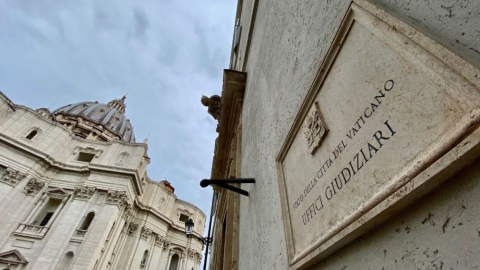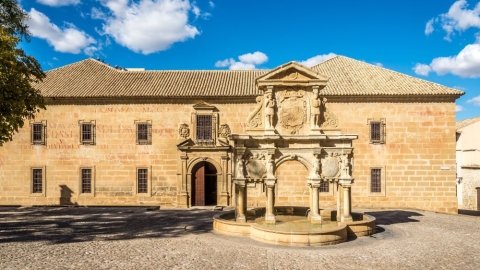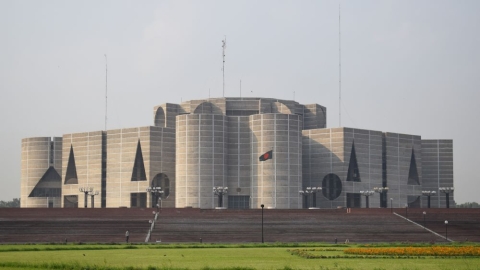Revolutionary Praxis at Work with Fiducia Supplicans

Praxis, according to the image given by Pope Francis
“Christianity is a praxis: this seems to be the synthetic criteria for evaluating what happened with and after Fiducia supplicans.” So says Stefano Fontana in La Nuova Bussola Quotidiana on February 12, 2024.
According to him, the Roman document “made it possible to ‘do’ something--namely, to bless same-sex couples. Its objective was therefore aimed at praxis. It did not intend, even remotely, to justify the thing doctrinally; at most it referred to pastoral motivations, which also always concern praxis. The instructions on what to do and how to do it are therefore central and win over the instructions on why do it.”
The Italian intellectual explains: these instructions “were given in stages, as criticisms were formulated, therefore again by concentrating on what was happening--that is to say, on the praxis implemented.
“The precision on the 10-second duration of the new type of blessing, then the precision that the individuals must be blessed even if they come as a couple, the divergences of these precisions from the text of the Declaration, and so on..., all this indicates a progressive adjustment of the shot as the praxis requires it, and with the aim of arriving at all costs at the goal sought by this praxis--that is to say, that we indeed grant these blessings.”
Regarding the opposition of African episcopal conferences, Stefano Fontana adds: “The response to the African episcopates also involves the same casuistry. Francis said that he was granting them an exemption because their culture considers homosexuality an evil. He did not give them theological or doctrinal clarifications, but referred to their praxis as not being able to accept the new praxis called for by Fiducia supplicans.
“Let us give an exemption to this praxis and, at the same time, ensure that another emerges. It will then be up to history to decide which is the better [of the two praxes]. Questions are resolved not in doctrine but in praxis.”
What is the hidden purpose of this praxis intended for itself, without reference to doctrine? Stefano Fontana responds: “The consequences of Fiducia supplicans are many and varied. One of them, however, was certainly in the intentions of those who wanted this new praxis--namely, that it would spread and that a process would emerge after having thrown the stone into the pond--an image frequently used by Francis.”
And to clarify: “These are the praxes, which by the very fact of taking place, gradually widen the waves caused by the stone in the pond. And this was precisely the aim of the Declaration of the Dicastery for the Doctrine of the Faith.”
Because in the eyes of the current Roman authorities, “The best way to stimulate theological research is precisely to confront it with new attitudes, new praxes which in turn will produce new praxes in concentric waves until this mobilism produces changes in theology, which will in any case always be old and inadequate in relation to the new praxis which will have emerged in the meantime.”
Related Article:
Praxis is a Policy of Fait Accompli
This desire to make this non-doctrinal praxis succeed at all costs forces Pope Francis and Cardinal Fernandez to contradict the principles of synodality, which they claim to promote. In La Croix on February 27, the theologian Jean-François Chiron recognizes it directly:
“The circumstances of the publication of Fiducia supplicans do not honor the ABCs of the synodal approach: not even consultation with the Roman dicastery concerned, nor the other dicasteries of the Curia... Without a doubt it was wished to avoid leaks, inevitable with a subject so sensitive. But this preoccupation does not suffice to justify such conduct. How, at least, can it be explained?”
And to issue a more than plausible hypothesis: “Rome wanted to present a fait accompli. Because it was foreseeable that a debate would have prevented the development desired on this question by the Pope. It is again the controversy over the ordination of married men during the Synod on the Amazon, which may have established a precedent.
“The categorical opposition of some had prohibited any consensus, and therefore any development. While we like to recall the adage, “alone we go faster, together we go further,” we must recognize that being together can prevent advancement...”
(Sources : La Nuova Bussola Quotidiana/La Croix – Trad. à partir de benoitetmoi/DICI n°442- FSSPX.Actualités)
Illustration : Photo 91485587 © Leopold Brix | Dreamstime.com





